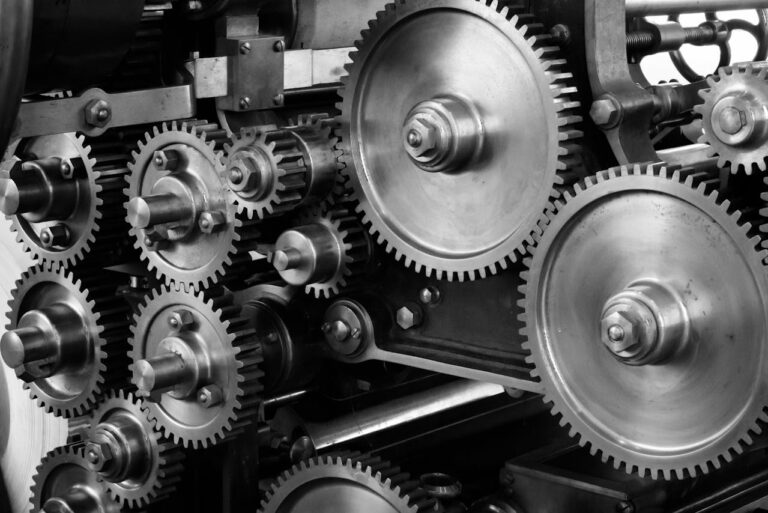Non-Ferrous Metals
When it comes to metal recycling and metal waste disposal, understanding the different types of metals is essential. One of the most important distinctions is between ferrous and non-ferrous metals. At MetalCycle, we specialise in the collection and recycling of non-ferrous metals across the UK. In this article, we explain what non-ferrous metals are, their characteristics, examples, and why they play a crucial role in modern industry and recycling.
What Is a Non-Ferrous Metal?
A non-ferrous metal is any metal that does not contain significant amounts of iron. Unlike ferrous metals, non-ferrous metals are non-magnetic, lighter in weight, and often more resistant to corrosion. These properties make them essential in industries such as construction, manufacturing, automotive, aerospace, and electronics.
Common examples of non-ferrous metals include:
-
Copper – widely used in electrical wiring and plumbing
-
Aluminium – known for its lightweight strength and corrosion resistance
-
Brass – an alloy of copper and zinc, commonly used in fittings and decorative applications
-
Nickel – used in stainless steel production and batteries
-
Zinc – often used for galvanising steel to prevent rust
-
Lead – traditionally used in batteries and radiation shielding
-
Cobalt – essential for high-performance alloys and batteries
-
Titanium – prized for strength-to-weight ratio and corrosion resistance
-
Tungsten – known for its hardness and high melting point
-
Magnesium – valued in lightweight alloy production
Characteristics of Non-Ferrous Metals
Non-ferrous metals are favoured in many industries due to their unique properties:
-
Corrosion Resistance – Ideal for outdoor and marine applications.
-
Non-Magnetic – Essential for electrical and electronic applications.
-
High Conductivity – Many, such as copper and aluminium, are excellent conductors of electricity and heat.
-
Lightweight – Perfect for applications requiring strength without excessive weight (e.g., aerospace, automotive).
Why Are Non-Ferrous Metals Important in Recycling?
Recycling non-ferrous metals is vital for sustainability and resource conservation. Unlike many materials, metals can be recycled indefinitely without losing quality. This means that copper, aluminium, and other non-ferrous metals can be reused repeatedly, reducing the need for mining and lowering carbon emissions.
At MetalCycle, we provide UK businesses with expert non-ferrous metal collection and recycling services, ensuring that valuable materials are recovered and returned to manufacturing industries.
Why Choose MetalCycle for Non-Ferrous Metal Recycling?
-
Expertise – Years of experience in handling and recycling non-ferrous metals.
-
Nationwide Coverage – Serving businesses across the UK.
-
Compliance – Fully compliant with UK environmental regulations.
-
Sustainability Focused – Supporting a circular economy.
Non-ferrous metals are essential to modern life and vital to building a sustainable future. By choosing MetalCycle for your non-ferrous metal recycling, you ensure responsible metal waste disposal while contributing to environmental protection and resource conservation.
Ready to recycle your non-ferrous metal waste?
Contact MetalCycle today to arrange your collection.

